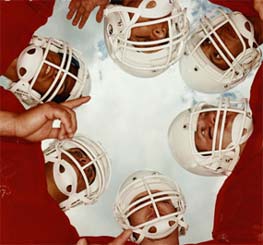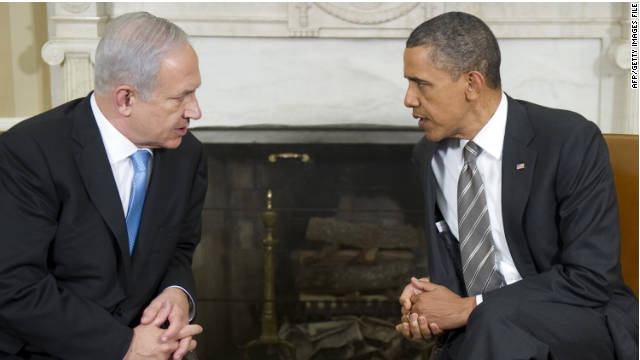 |
| http://www.assumptionchurchnashville.org/ |
The Washington, D.C. Office of Human Rights confirmed that it is investigating allegations that Catholic University violated the human rights of Muslim students by not allowing them to form a Muslim student group and by not providing them rooms without Christian symbols for their daily prayers.
The investigation alleges that Muslim students “must perform their prayers surrounded by symbols of Catholicism – e.g., a wooden crucifix, paintings of Jesus, pictures of priests and theologians which many Muslim students find inappropriate.”
A spokesperson for the Office of Human Rights told Fox News they had received a 60-page complaint against the private university. The investigation, they said, could take as long a six months.
The complaint was filed by John Banzhaf, an attorney and professor at George Washington University Law School. Banzhaf has been involved in previous litigation against the school involving the same-sex residence halls. He also alleged in his complaint involving Muslim students that women at the university were being discriminated against.
Banzhaf said some Muslim students were particularly offended because they had to meditate in the school’s chapels “and at the cathedral that looms over the entire campus – the Basilica of the National Shrine of the Immaculate Conception.”
“It shouldn’t be too difficult somewhere on the campus for the university to set aside a small room where Muslims can pray without having to stare up and be looked down upon by a cross of Jesus,” he told Fox News.
A spokesman for Catholic University released a statement to Fox News indicating they had not seen any legal filings — but would respond once they do.
“Our faithfulness to our Catholic tradition has also made us a welcome home to students of other religions,” said Victor Nakas, associate vice president for public affairs. “No students have registered complaints about the exercise of their religions on our campus.”
In a 2010 interview with National Public Radio, university president John Garvey acknowledged that they don’t set aside prayer rooms for Muslim students.
“We make classrooms available, or our chapels are places where they can pray,” he told NPR. “We don’t offer Halal meat, although there are always meals that conform to Halal regulations, that allow students to do what they want.”
Banzhaf said that it is technically not illegal for Catholic University to refuse to provide rooms devoid of religious icons.
“It may not be illegal, but it suggests they are acting improperly and probably with malice,” he said. “They do have to pray five times a day, they have to look around for empty classrooms and to be sitting there trying to do Muslim prayers with a big cross looking down or a picture of Jesus or a picture of the Pope is not very conductive to their religion.”
As for the creation of a Muslim student group, Banzhaf said the university has an association of Jewish students – so why not a Muslim group?
“I think they are entitled as a matter of law to be able to form a Muslim student association and to have the same privileges as associations,” he said. “I think that most of them would much prefer to have a place to pray – that they are not surrounded by various Catholic symbols – a place that is more conductive to their religious beliefs than being surrounded by pictures of Popes.”
Garvey, in his 2010 interview with NPR, addressed that issue.
“It’s just not something that we view as an activity that we want to sponsor because we’re a Catholic institution rather than Muslim,” he said.
Patrick Reilly, the president of the Cardinal Newman Society, an organization that promotes Catholic identity among Catholic schools, seemed stunned by the complaint.
“I don’t know what the attorney wants them to do – if he wants them to actually move the Basilica or if the Muslim students can find someplace where they don’t have to look at it,” he told Fox News.
Catholic University, he said, is a Catholic institution.
“One wouldn’t expect a Jewish institution to be responsible for providing liturgical opportunities for other faiths and I wouldn’t expect a Catholic institution to do that,” he said.
“This attorney is really turning civil rights on its head,” he said. “He’s using the law for his own discrimination against the Catholic institution and essentially saying Catholic University cannot operate according to Catholic principles.”




















